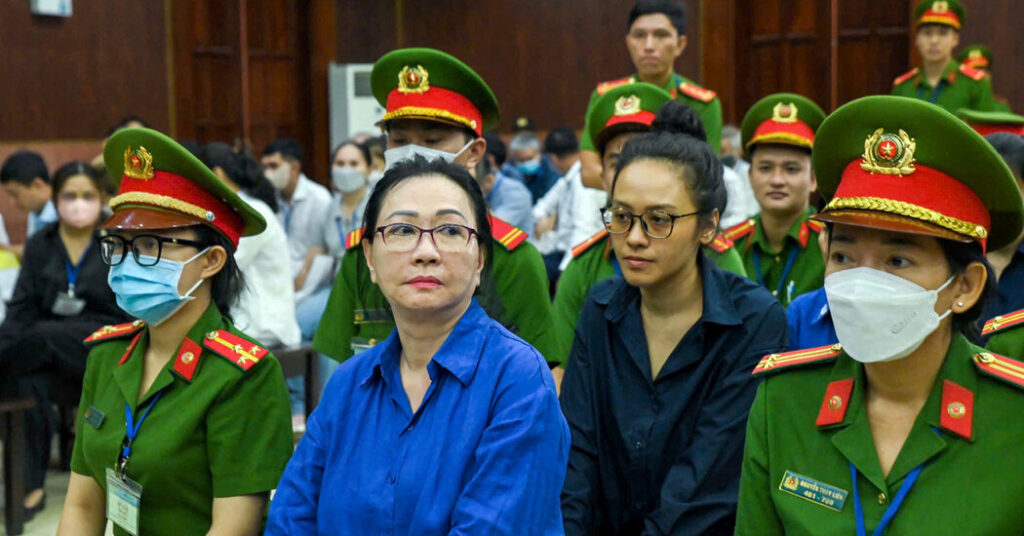
Vietnam has abolished the death penalty for eight criminal offenses, marking a significant shift towards aligning with international human rights standards. On Wednesday, Vietnam’s Parliament unanimously ratified amendments to its penal code, ending capital punishment for crimes including embezzlement, espionage, and attempts to overthrow the government, according to official sources.
The legislative change also applies to offenses such as state infrastructure sabotage, counterfeiting medicines, transporting illegal drugs, accepting bribes, and waging wars against the nation. The harshest penalty for these crimes has now been reduced to life imprisonment.
Impact on High-Profile Cases
A notable figure affected by this legal reform is Truong My Lan, a real-estate tycoon previously sentenced to death for her involvement in a $12 billion fraud case. Her lawyer, Giang Hong Thanh, confirmed that the amendments would commute her sentence to life imprisonment, describing her as “very pleased” with the outcome.
Nguyen Minh Duc, a police lieutenant general and deputy chair of the parliamentary committee on national defense and security, emphasized that the revised law would bolster Vietnam’s ongoing anticorruption efforts. He noted that some countries have been reluctant to extradite individuals wanted for corruption due to Vietnam’s use of the death penalty.
Context and Historical Background
The abolition of the death penalty for these offenses reflects a broader trend in Southeast Asia, where several countries have been reassessing the role of capital punishment in their legal systems. Historically, Vietnam has been known for its stringent laws and frequent use of the death penalty, particularly in cases involving drugs and corruption.
International human rights organizations have long criticized Vietnam’s use of capital punishment, arguing that it violates fundamental human rights and fails to deter crime effectively. The recent amendments are seen as a response to both domestic and international pressure to reform the country’s legal system.
Expert Opinions and International Comparisons
Legal experts and human rights advocates have welcomed Vietnam’s decision as a positive step towards humane justice practices. Pham Binh Minh, a legal analyst based in Hanoi, commented, “This move aligns Vietnam more closely with international human rights norms and could improve its diplomatic relations.”
Globally, there is a growing trend towards the abolition of the death penalty. According to Amnesty International, over two-thirds of the world’s countries have abolished the death penalty in law or practice. Vietnam’s decision places it among a group of nations gradually moving away from capital punishment.
Future Implications and Next Steps
The abolition of the death penalty for these crimes is expected to have significant implications for Vietnam’s legal and political landscape. It could lead to increased cooperation with other countries in extraditing fugitives and enhance the nation’s image on the international stage.
Moving forward, Vietnam may continue to review and amend its penal code to further align with global human rights standards. Observers will be watching closely to see if the government will extend similar reforms to other areas of its legal system.
As Vietnam navigates these changes, the international community will likely continue to encourage the country to uphold human rights and pursue justice reforms that reflect the evolving global consensus against the death penalty.




